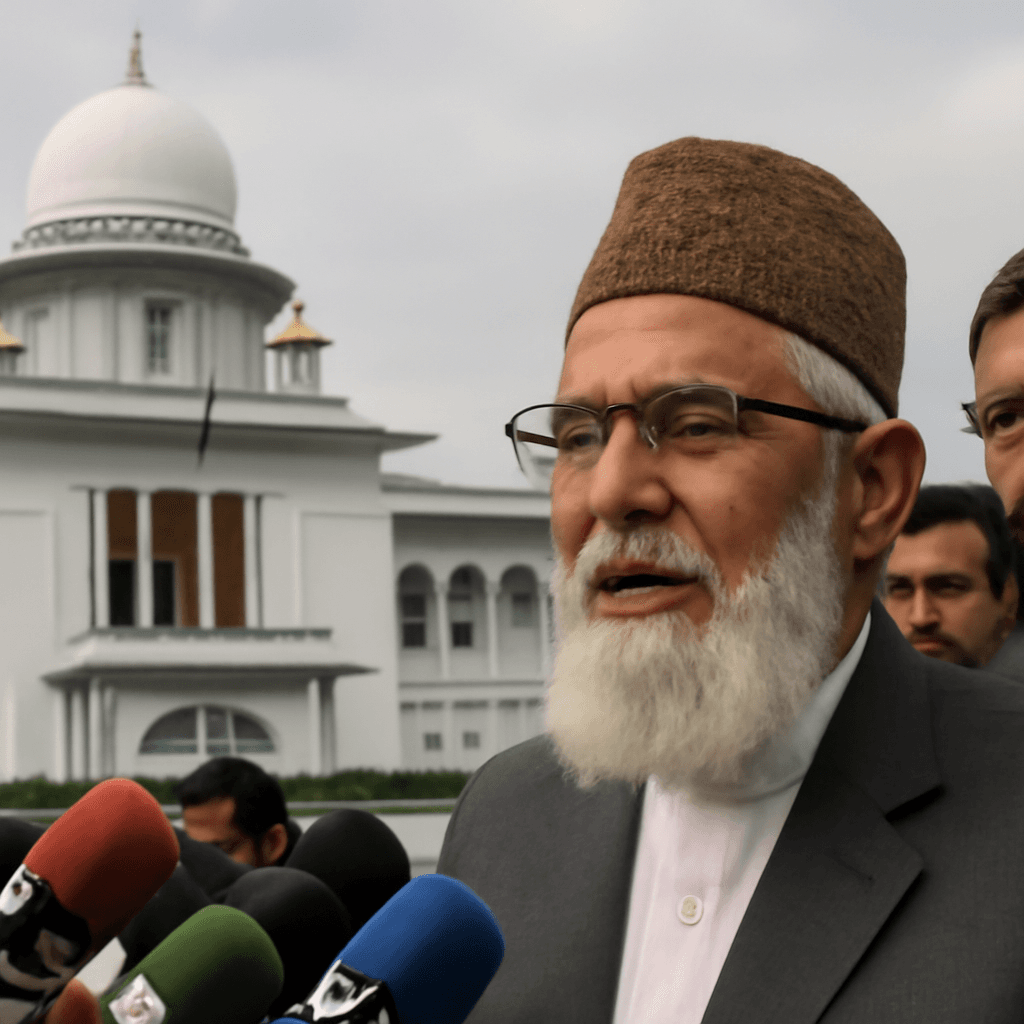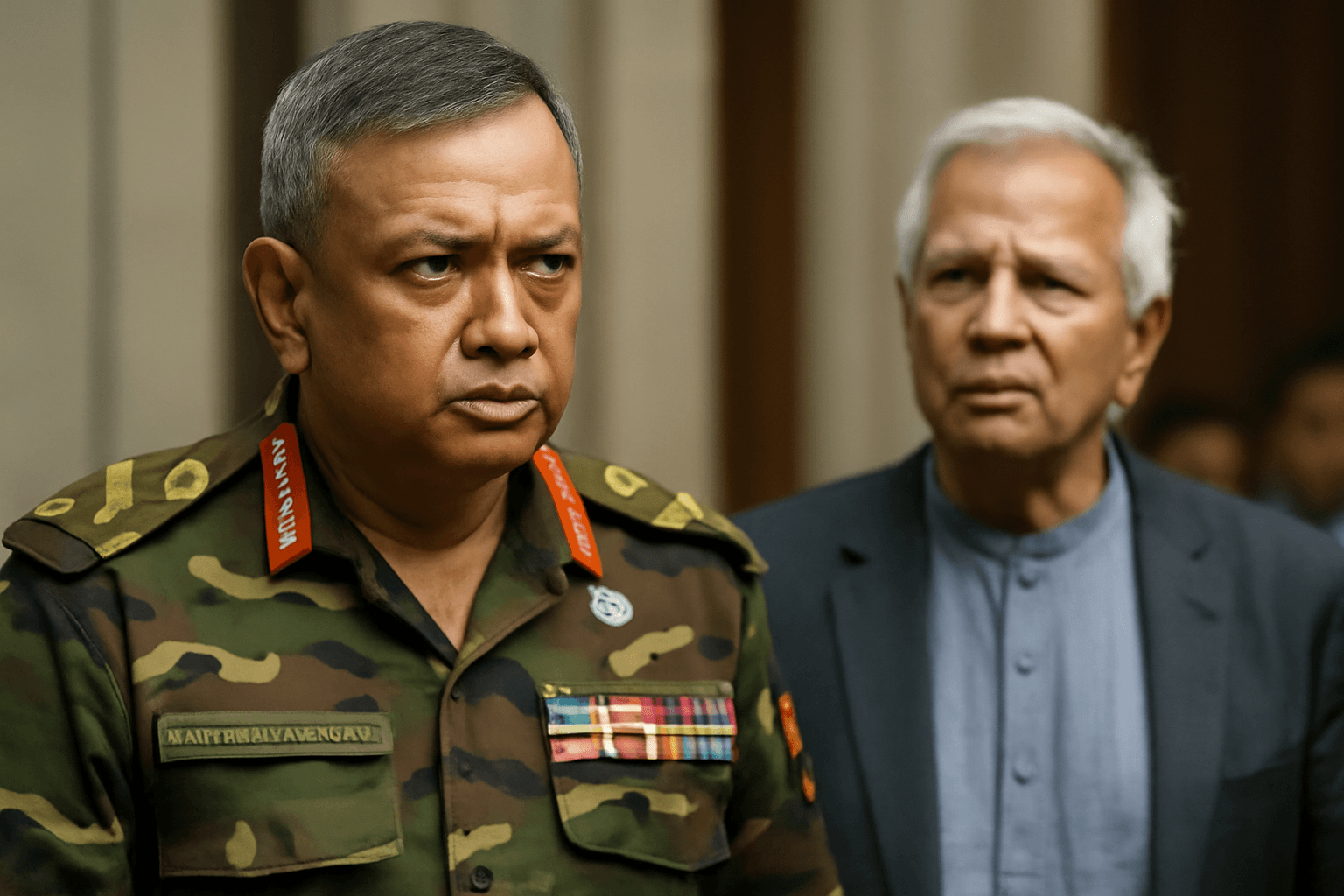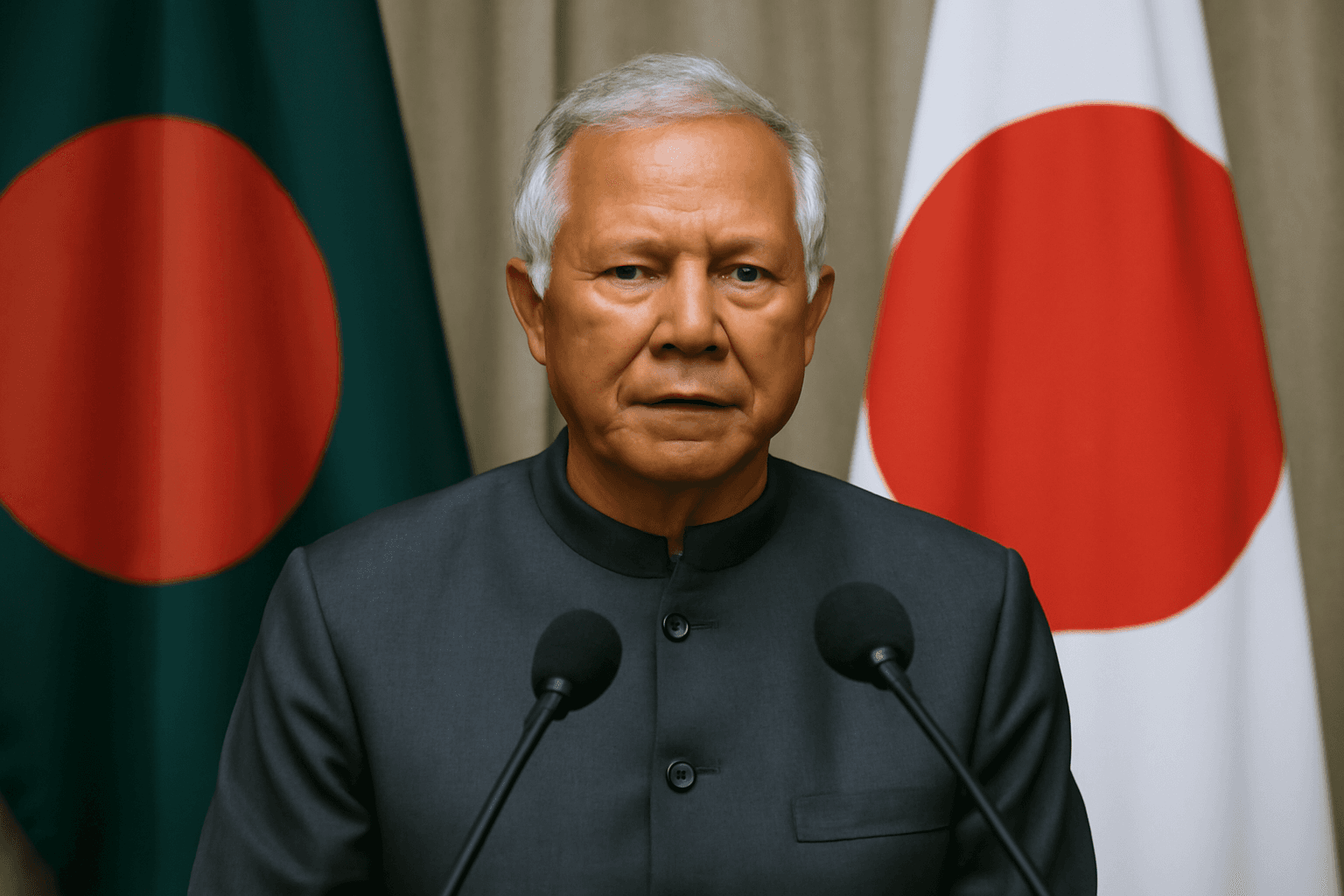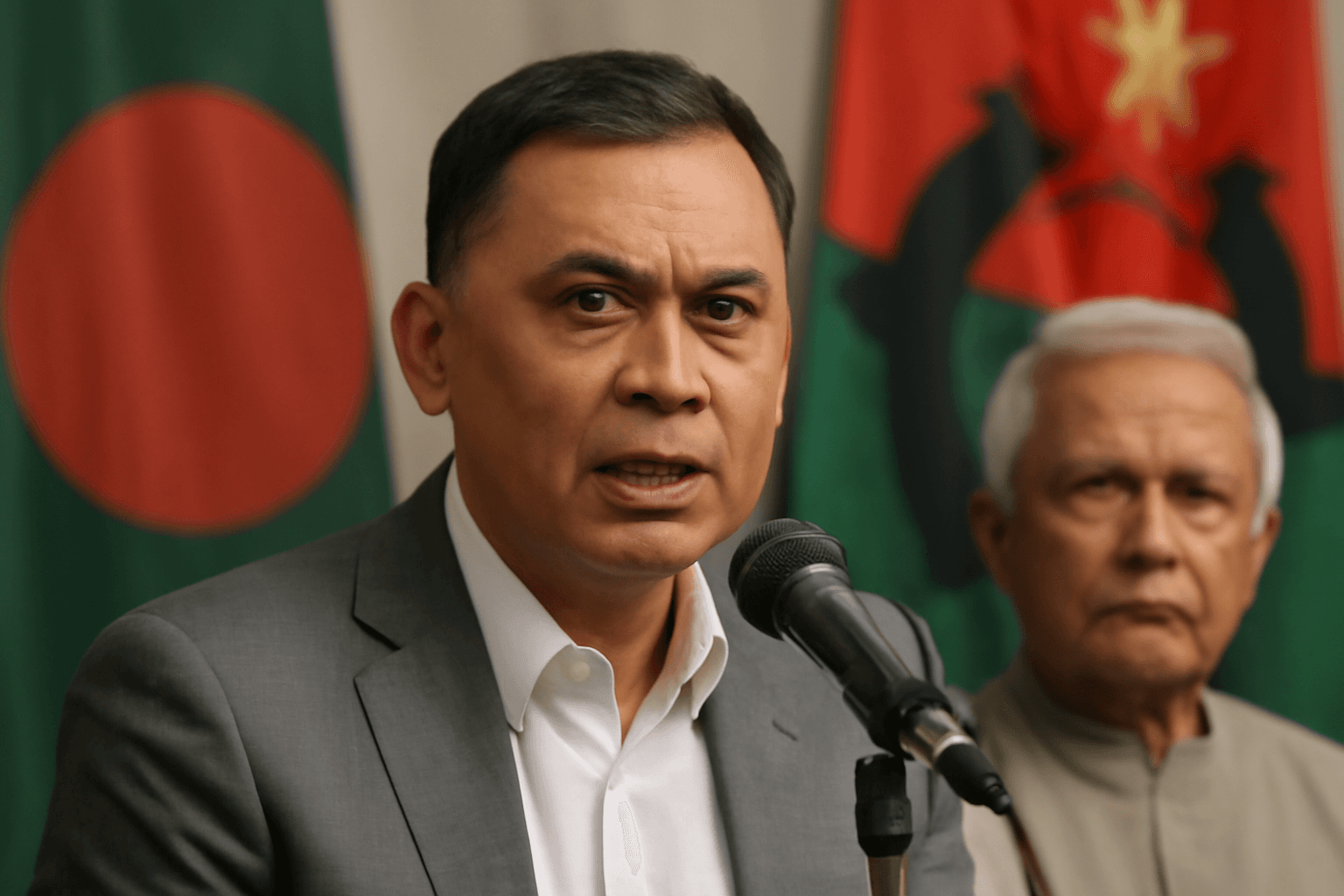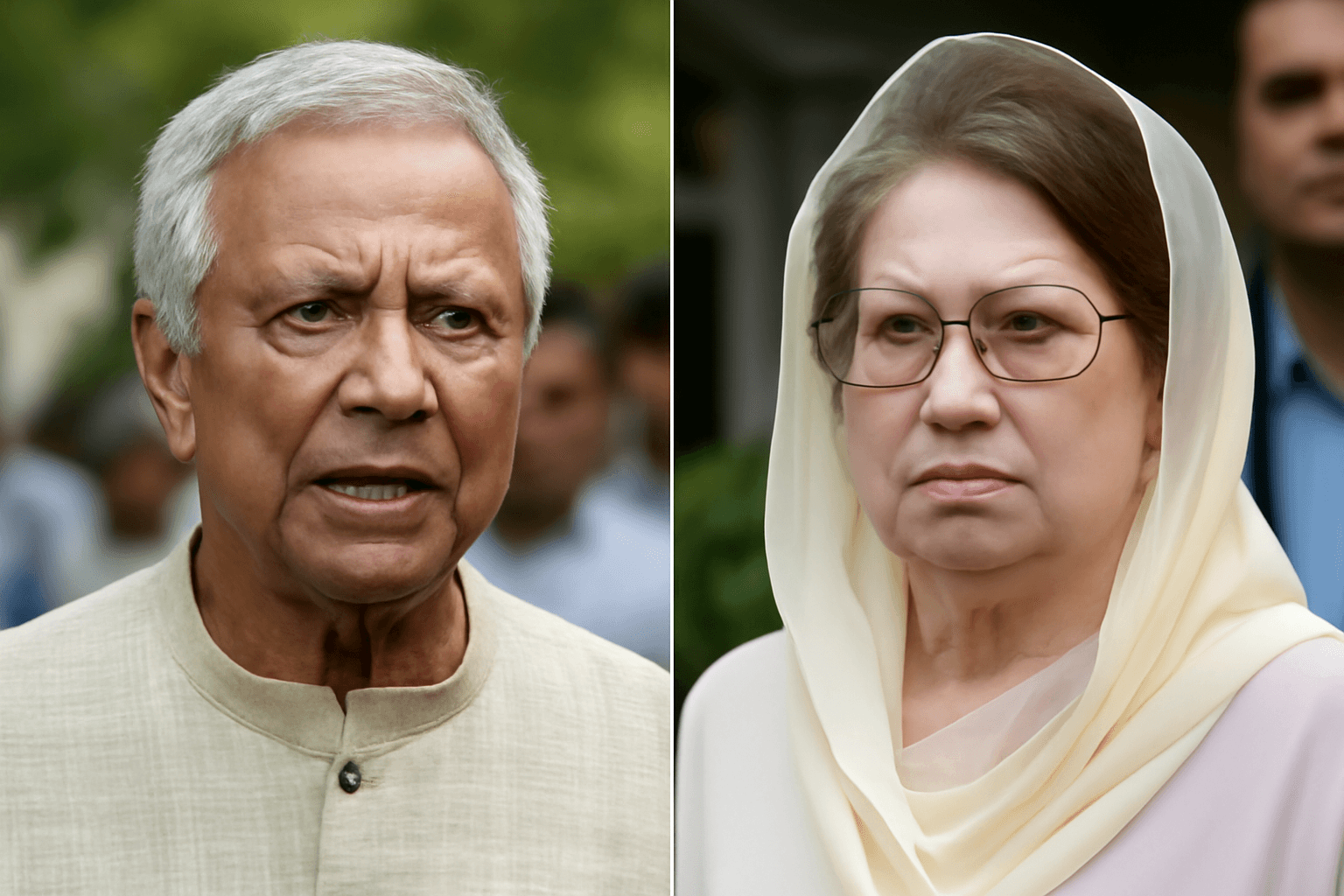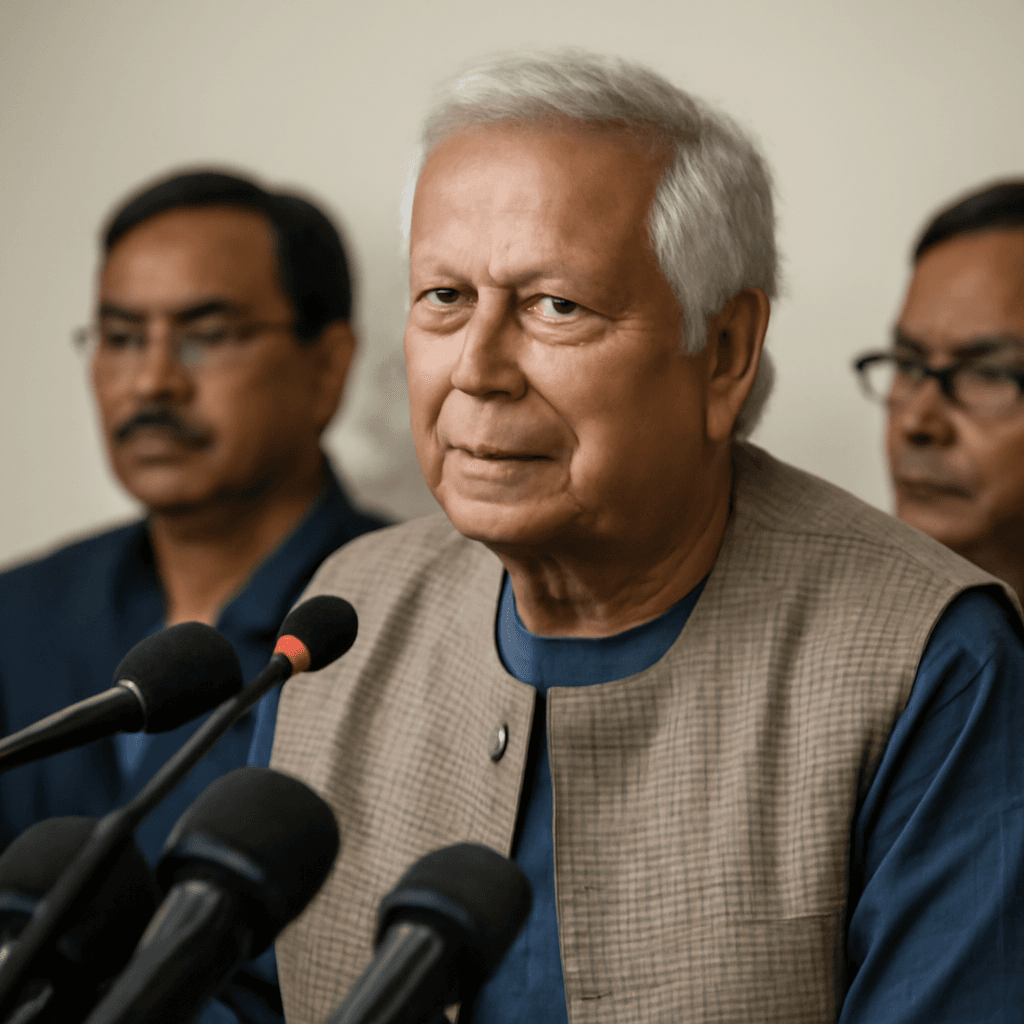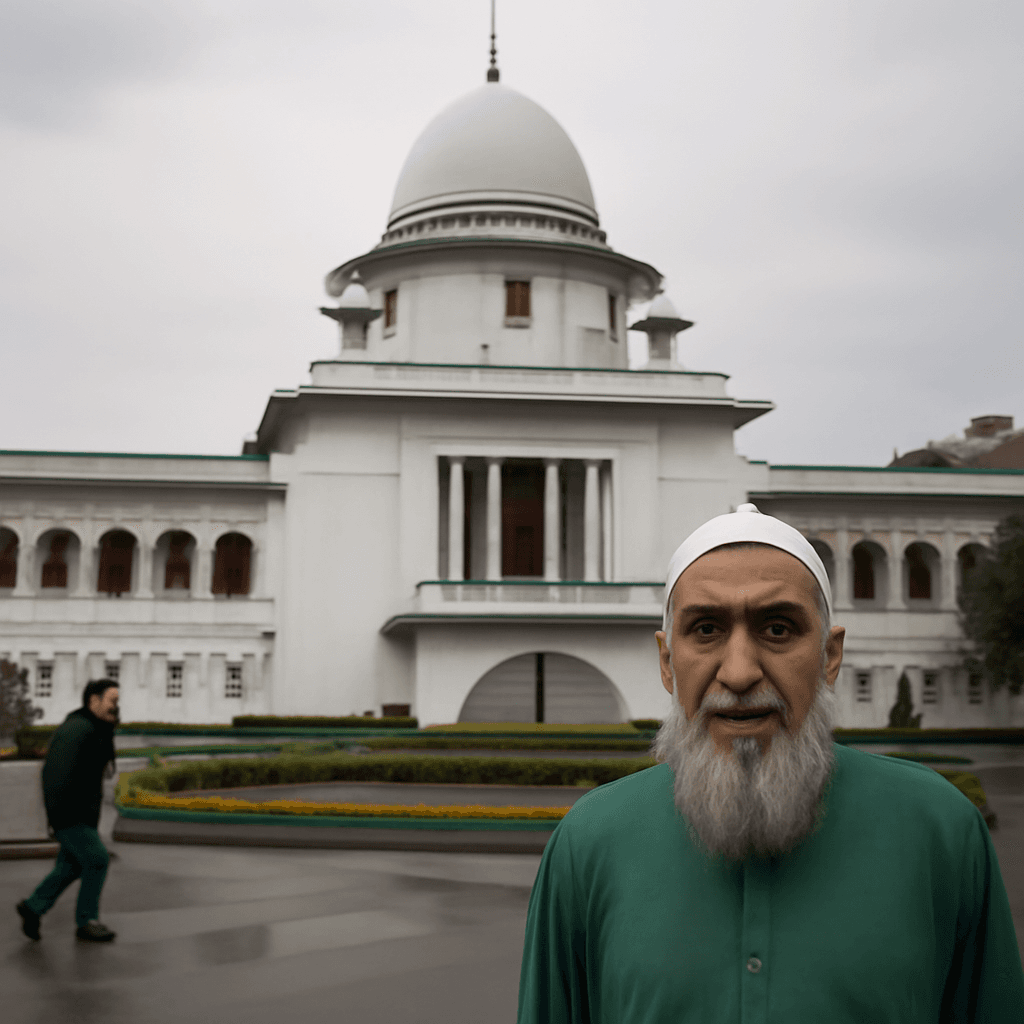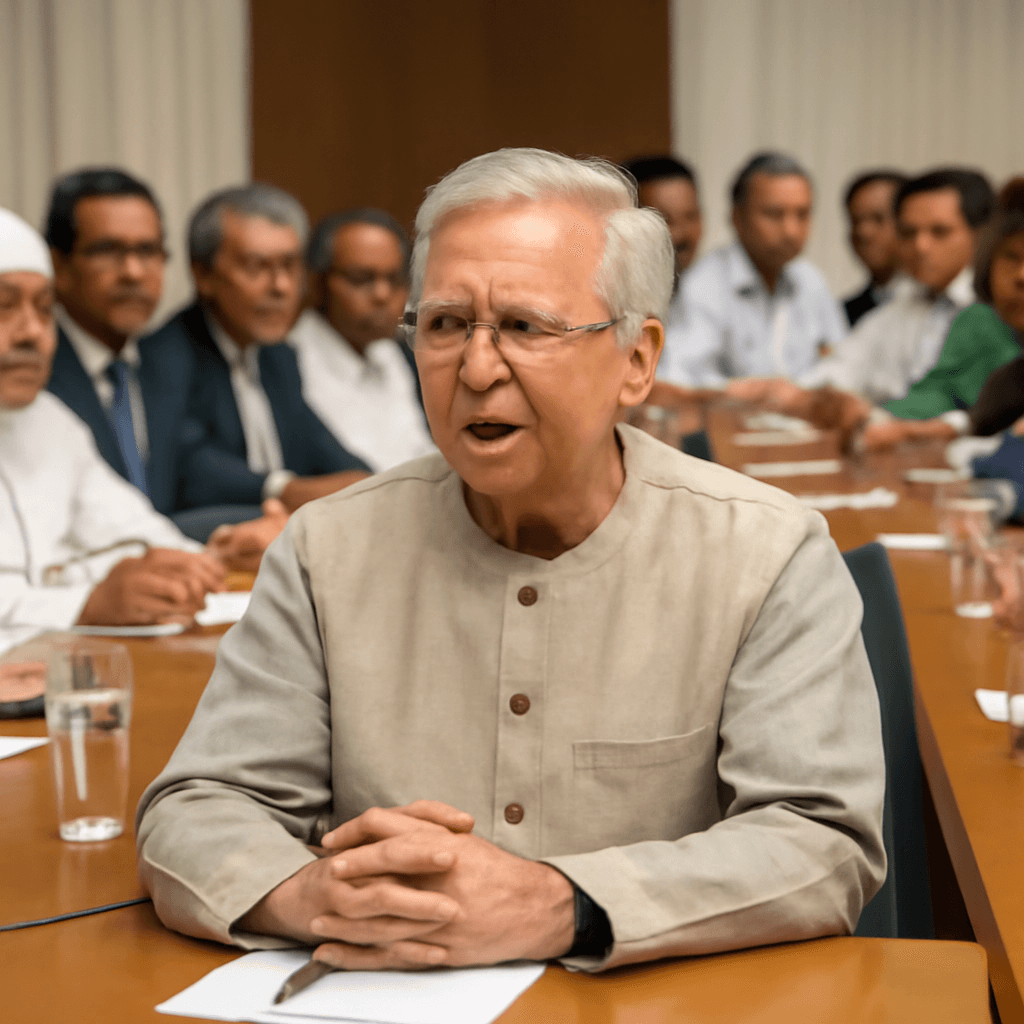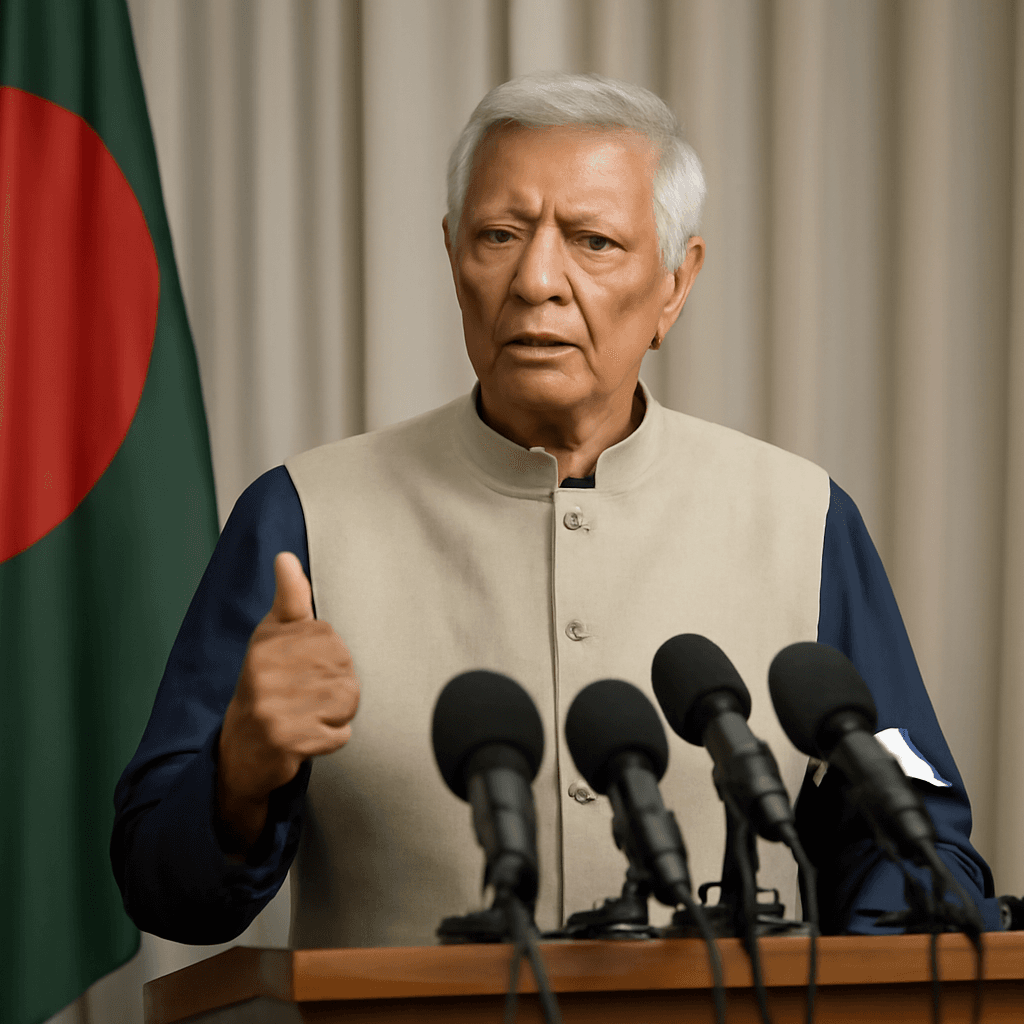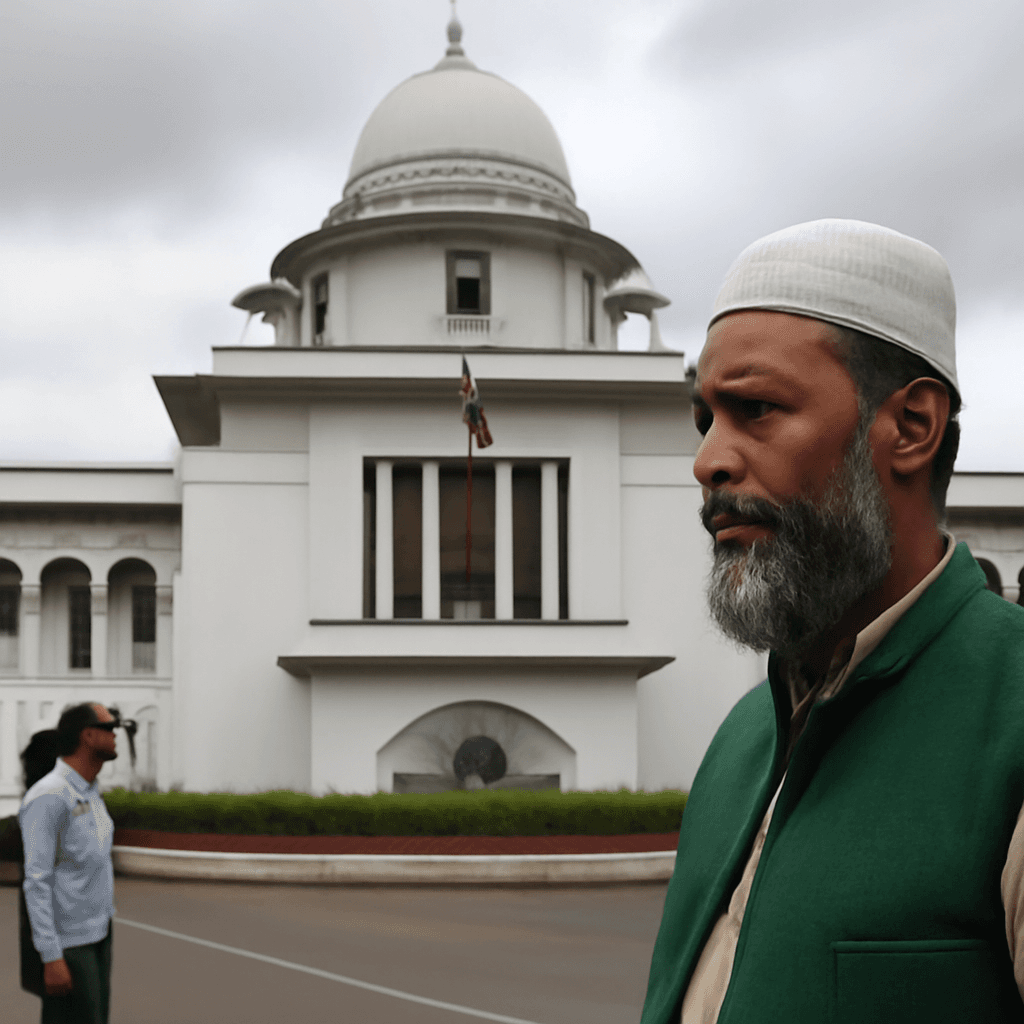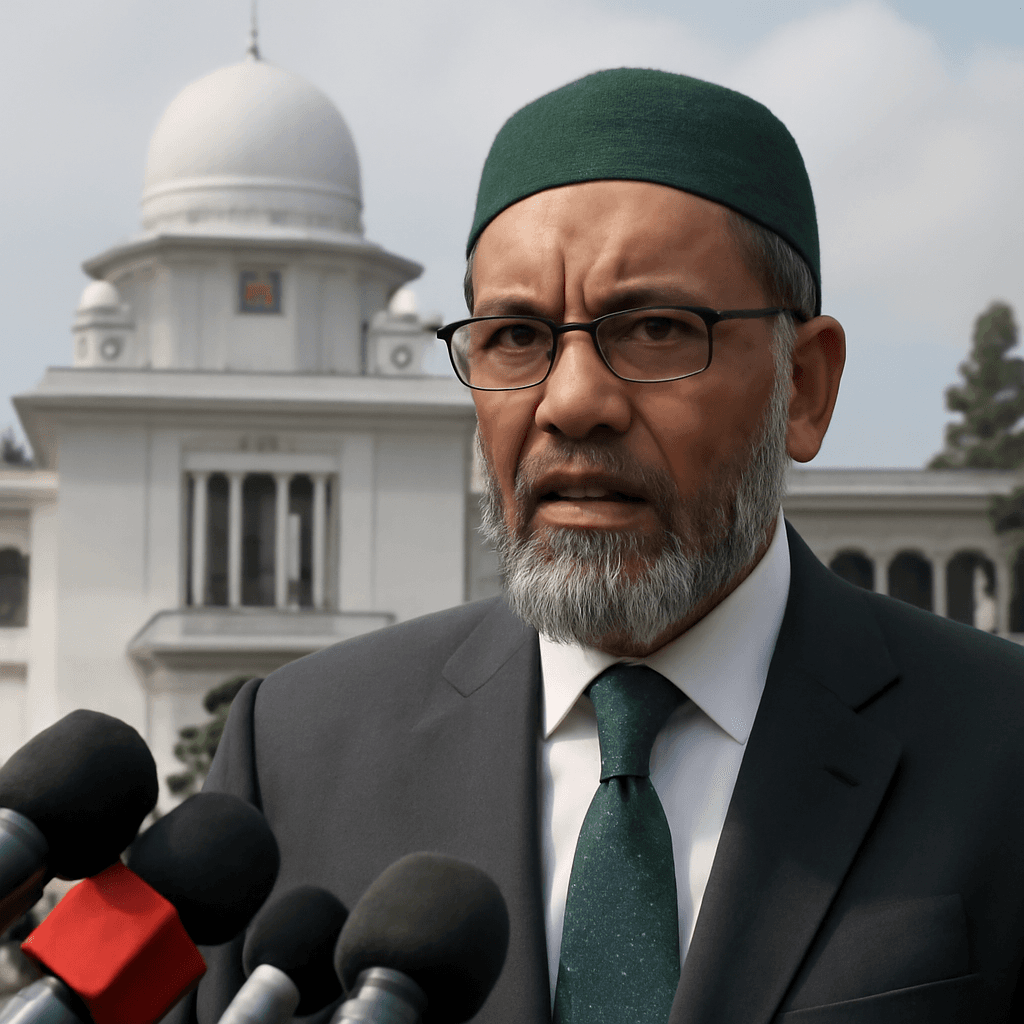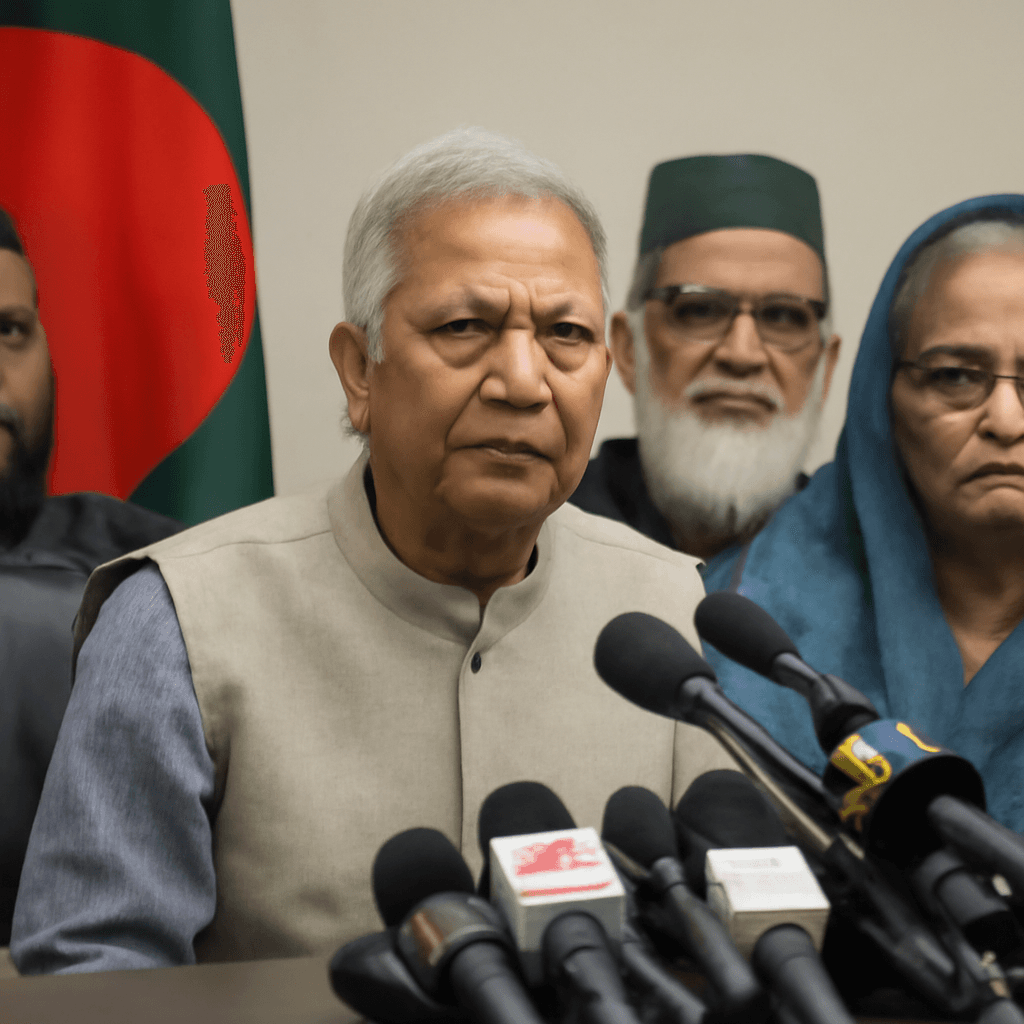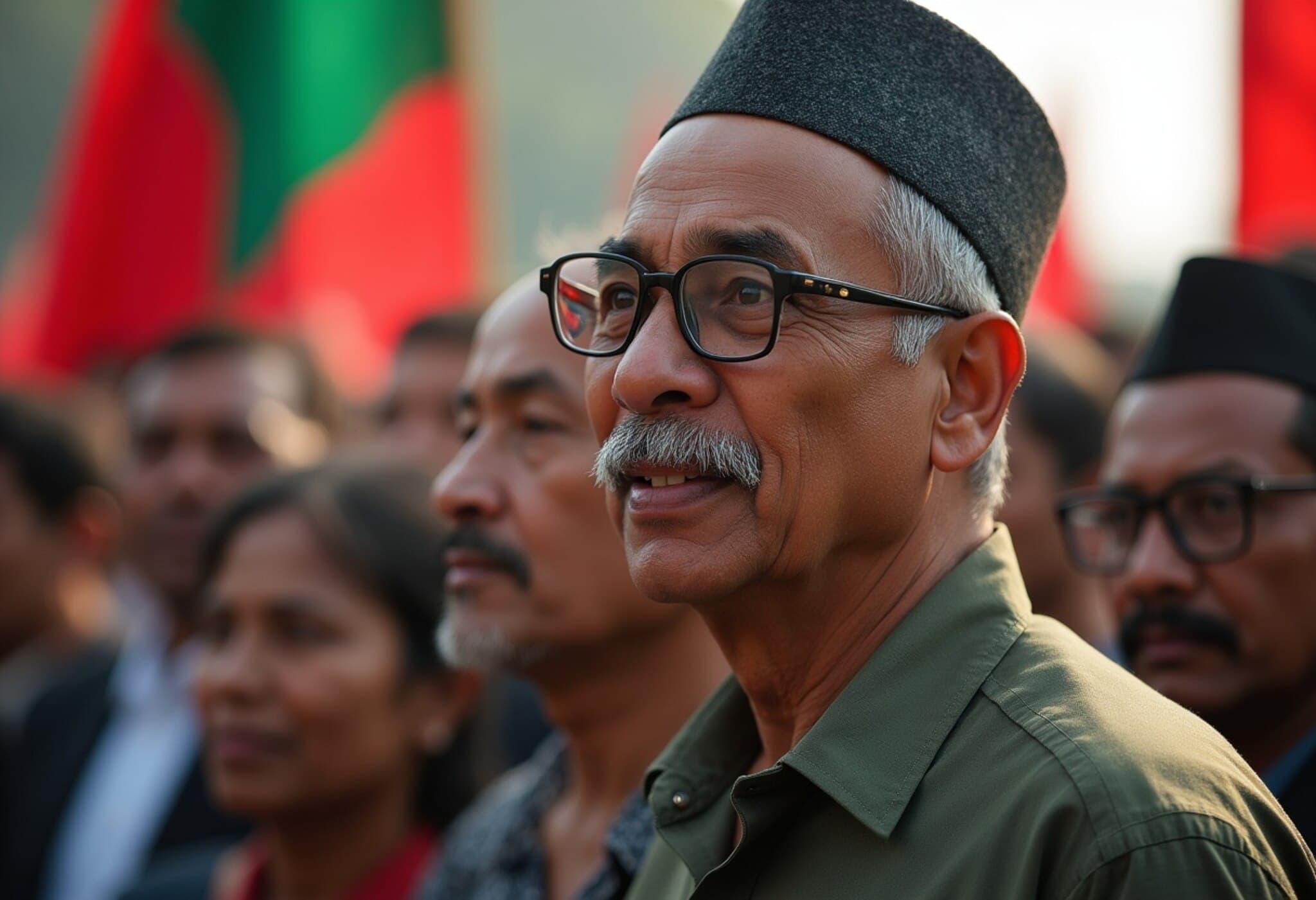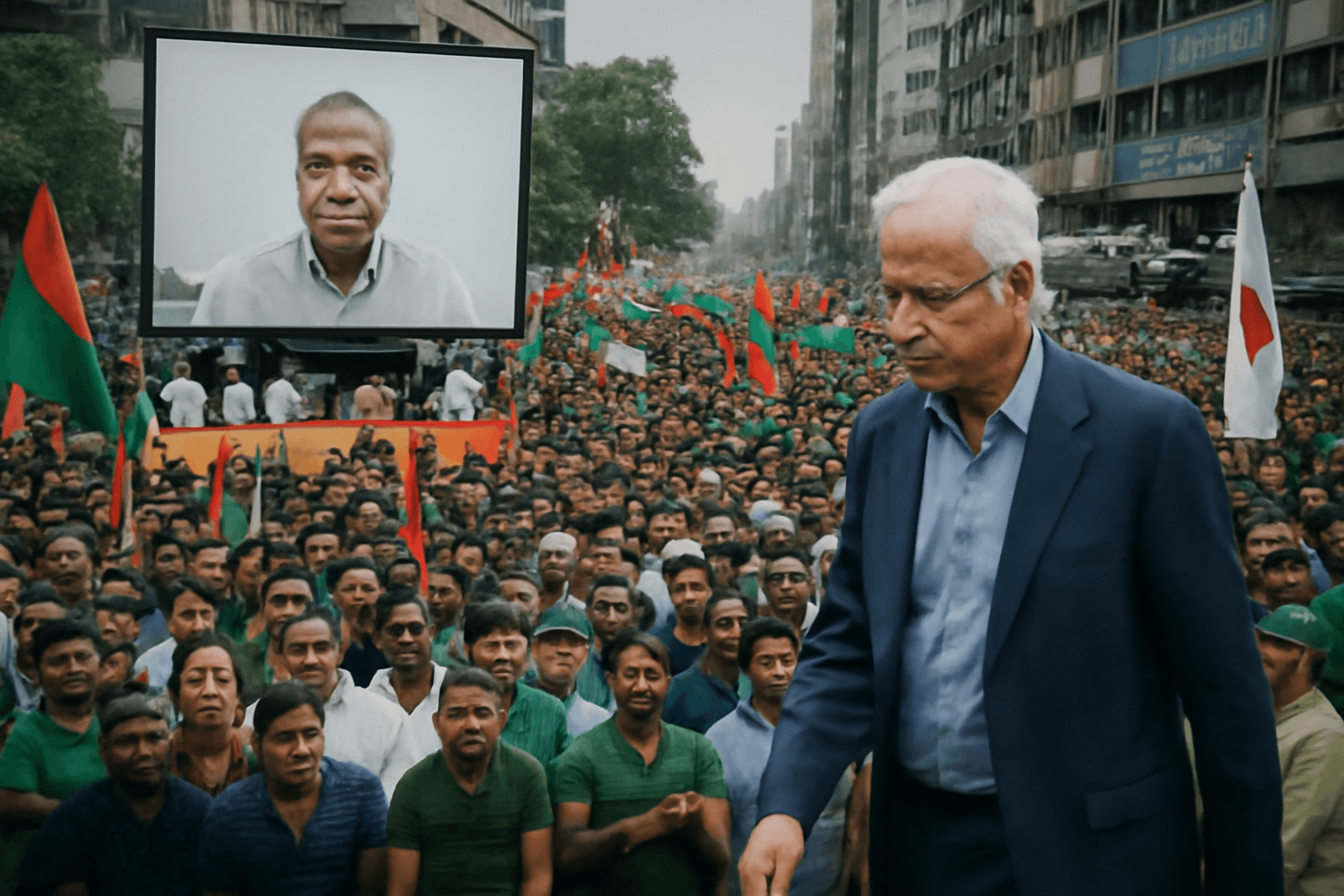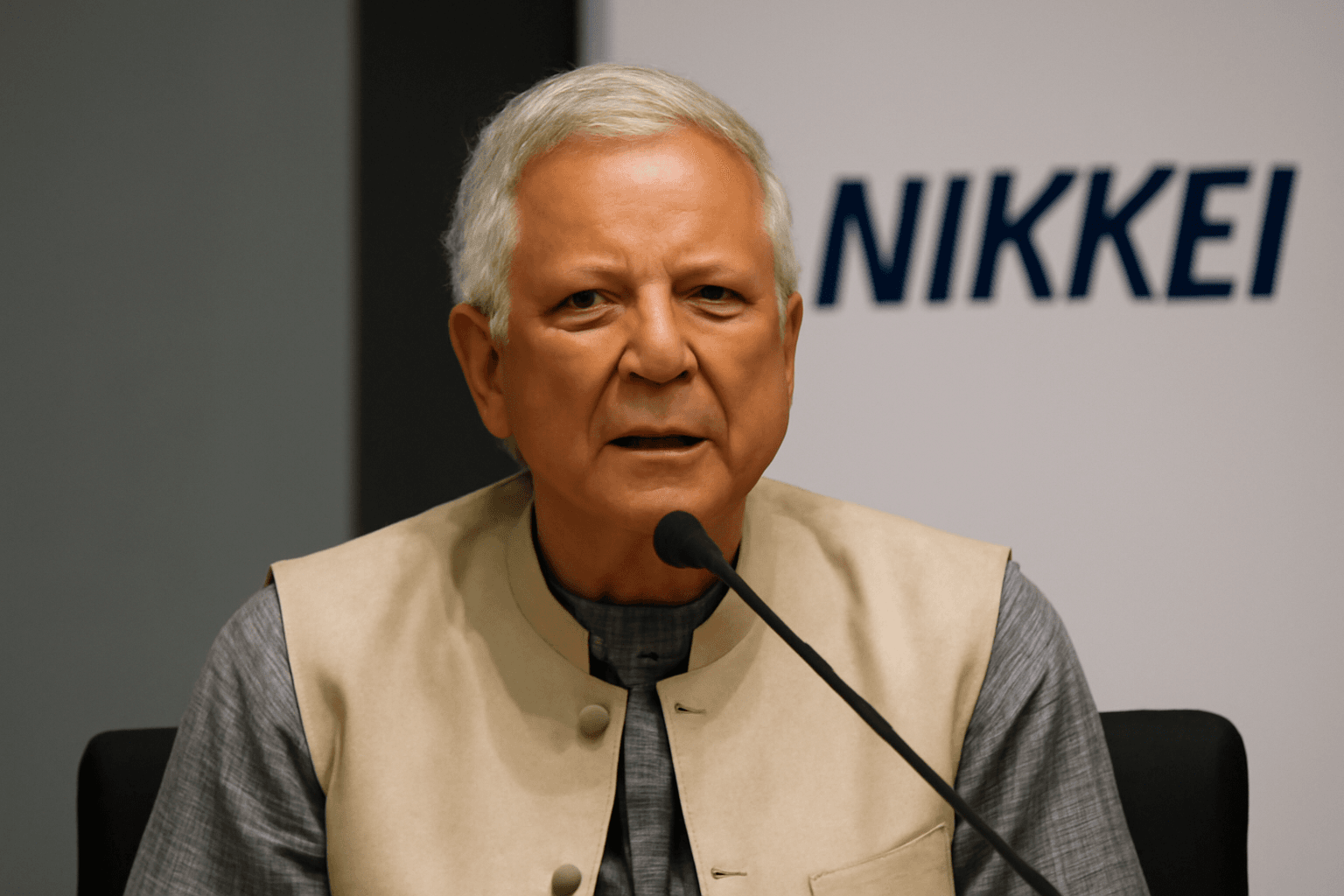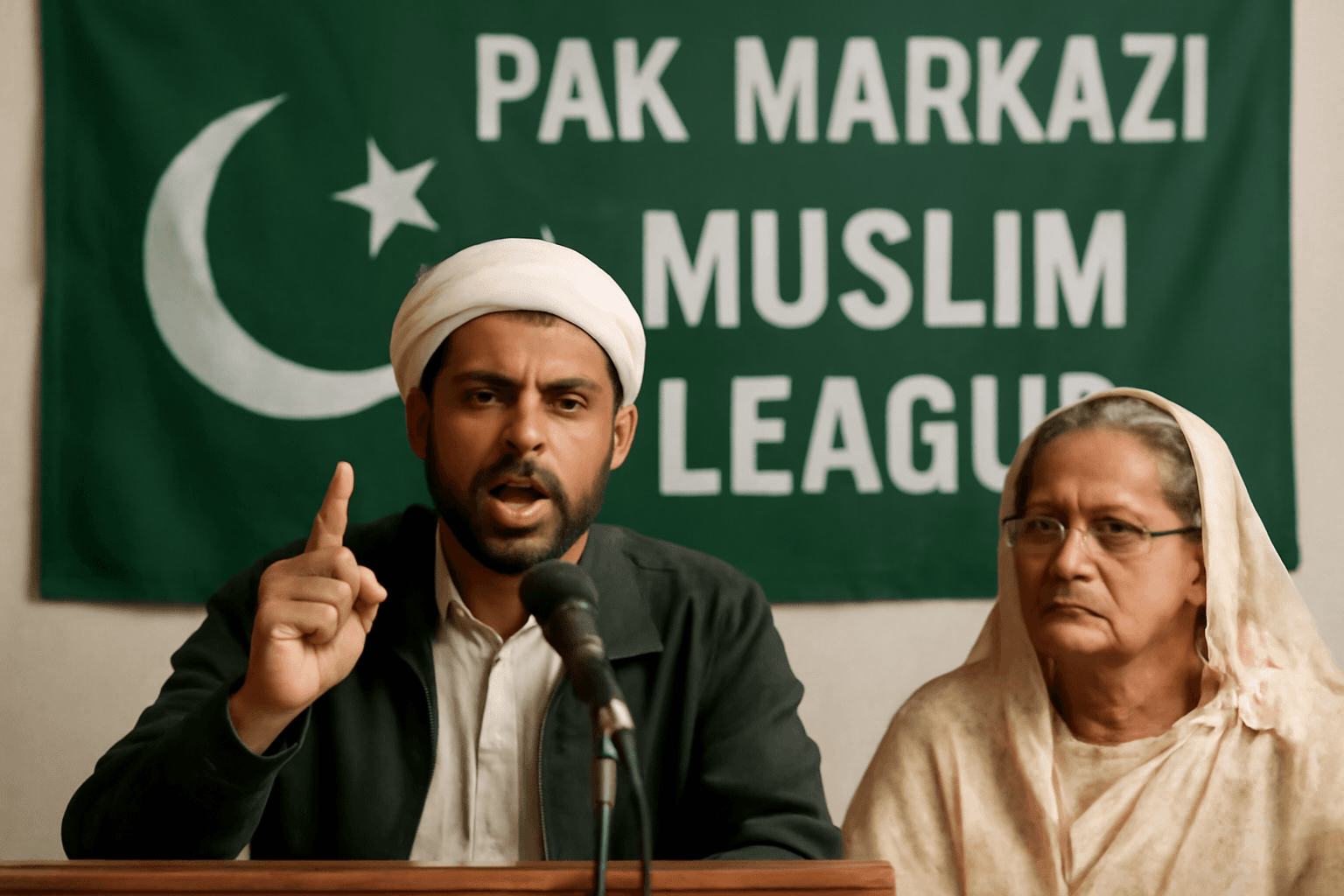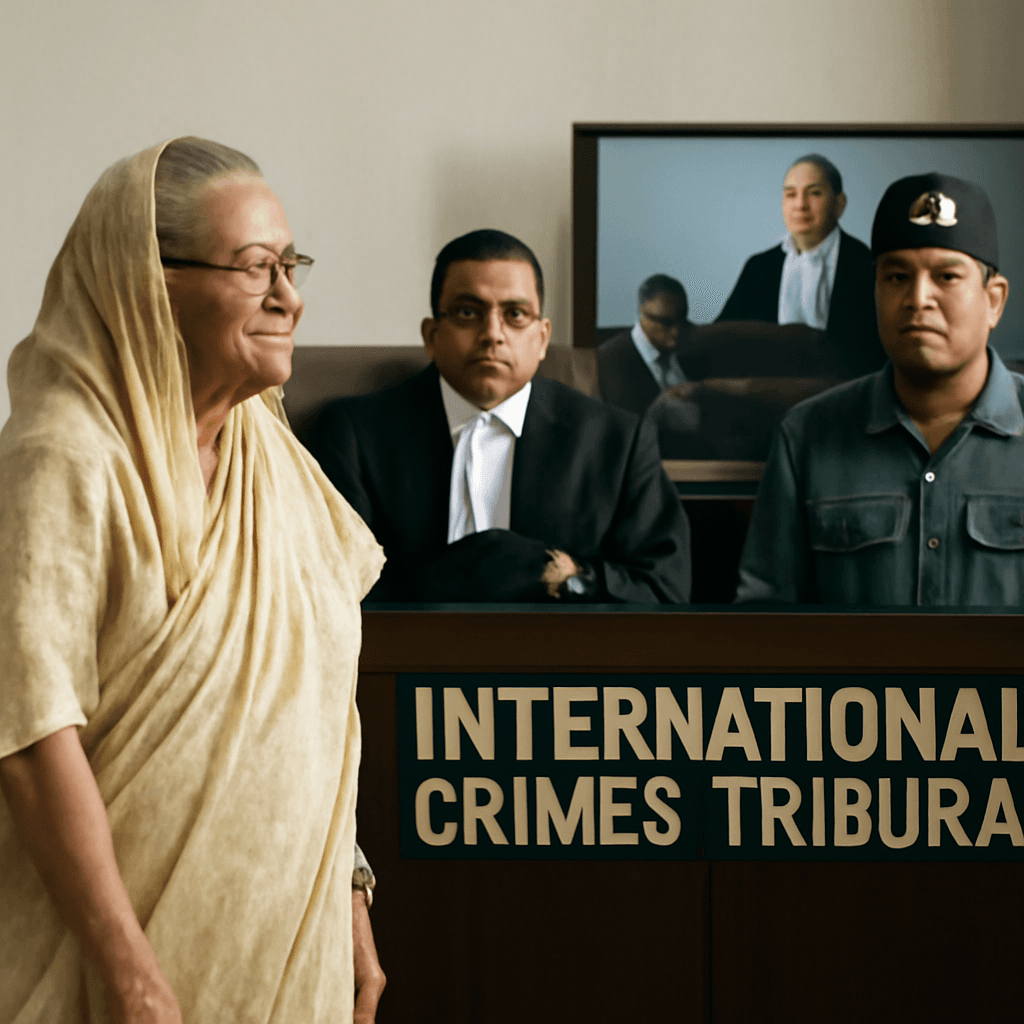Bangladesh Supreme Court Orders Restoration of Jamaat-e-Islami Registration
Bangladesh’s Supreme Court has directed the Election Commission to reinstate the registration of the right-wing political party Jamaat-e-Islami. This move comes nearly eight months after an interim government lifted the ban on the party, paving the way for its future participation in elections.
Background and Legal Context
Jamaat-e-Islami's registration had been cancelled by the Supreme Court in 2013, with the court ruling that the party was unfit to contest national elections due to its opposition to Bangladesh’s independence in 1971. Later, in December 2018, the Election Commission annulled the party's registration, following a High Court ruling.
In August 2024, days before the removal of the then-Prime Minister, the interim government imposed a total ban on Jamaat-e-Islami amid a widescale political movement led by Students Against Discrimination (SAD), supported by Jamaat and several other parties.
Recent Developments
Following the ousting of the former prime minister, Jamaat appealed for a review of the 2013 court order. The Supreme Court’s Appellate Division, led by Chief Justice Syed Refaat Ahmed, has now challenged the Election Commission to restore the party’s registration. However, it left the decision on whether Jamaat-e-Islami can contest elections using its traditional “scale” symbol to the discretion of the Commission.
Key points:
- The restoration order came eight months after the ban was lifted.
- The party’s ability to use its election symbol remains subject to the Election Commission’s approval.
- The decision concludes a decade-long legal struggle for Jamaat-e-Islami.
One of Jamaat’s leading attorneys expressed optimism, stating, “We hope Bangladesh will have a vibrant parliament after this verdict, and voters can now choose Jamaat candidates freely.”
Impact on Jamaat-e-Islami and the Political Landscape
The Supreme Court ruling coincided with the release of ATM Azharul Islam, a senior Jamaat leader and death row convict, who was acquitted by the same court. Islam had faced charges related to crimes against humanity during the Liberation War.
The interim government’s legal advisor credited a mass movement between July and August 2024 for creating the environment leading to this judicial outcome.
In the current political context, with the disbanding of the former ruling party led by Sheikh Hasina, the Bangladesh Nationalist Party (BNP) has become the primary political force, though it has distanced itself from Jamaat-e-Islami.
Historical Legal Actions and Future Proceedings
Since 2009, Bangladesh’s government initiated a tribunal to prosecute perpetrators of crimes during the Liberation War. This included trials of Jamaat-e-Islami leaders and a senior BNP figure, with several receiving death sentences upheld by the Supreme Court.
Looking ahead, the tribunal is expected to investigate senior Awami League leaders and government officials involved in suppressing last year’s violent anti-government protests, which resulted in significant casualties.
Notable statistics:
- An estimated 1,400 people were killed during the July–August 2024 unrest, as documented by a United Nations report.

